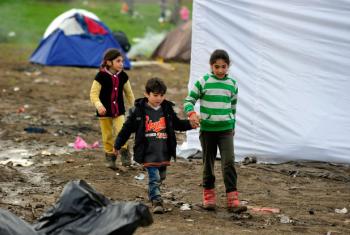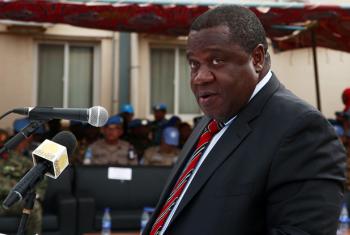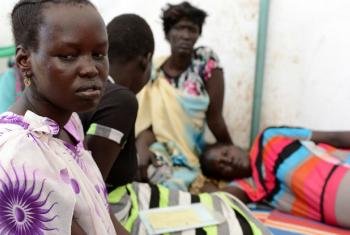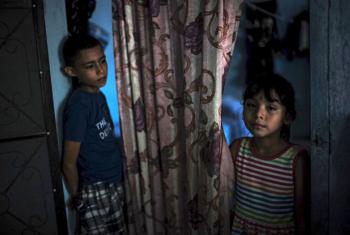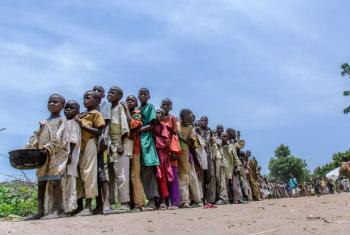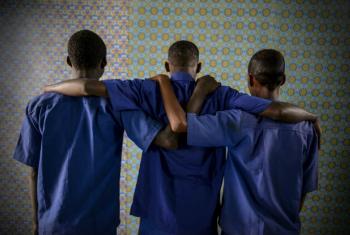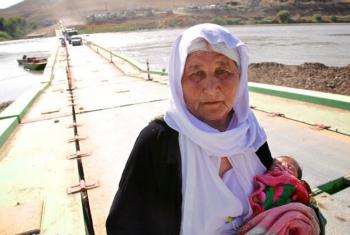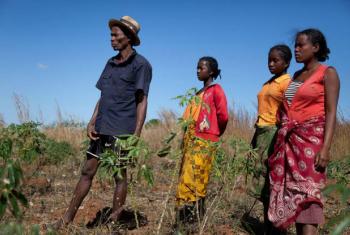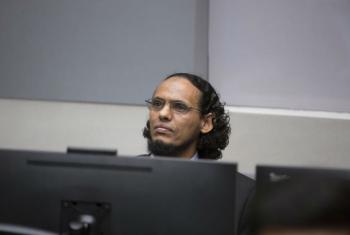Violence “daily reality” for children across South-East Europe
More than 50% of children in South-East Europe have experienced some form of psychological or physical punishment by family members.
That’s according to Dr. Bertrand Desmoulins, a representative of the UN fund for children (UNICEF) in the former Yugoslav Republic of Macedonia.
Furthermore, the prejudices against disabled children in some of these countries are still strong, he notes.

